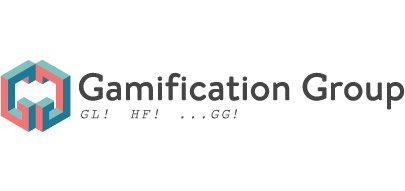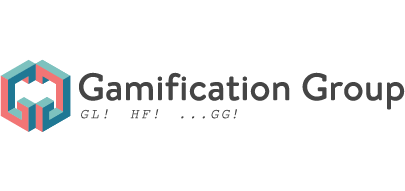
How is Gamification perceived at the work-floors?
Recently, gamification has been increasingly researched and applied in many occupational environments, including those related to the production and distribution of goods around the globe. Existing research on gamification at these work-floor operations has mainly focused on its application towards enhancing employee efficiency and competence, presenting indeed promising results.
Despite short-term outcomes benefitting the companies, the emergent organizational effects and risks introduced by gamification are not well known yet. Furthermore, very few inquiries have so far aimed to capture employees’ perceptions of gamification in their occupational context, which hinders a deeper understanding of this phenomenon. To this end, Eetu Wallius et al. (2021) conducted a qualitative study drawing on interviews among maritime port employees to elaborate on their preconceptions towards work gamification as well as their work motivations.
The results reveal that the intrinsic qualities of work, such as teamwork, problem solving and autonomy, were perceived as the main motivators. While the idea of gamifying occupational practices was not unequivocally opposed, various concerns related to work gamification arose. First of all, the idea of work as a highly collaborative pursuit contradicts the ideas of implementing competition-based affordances or affordances that highlight individual achievements. It also raises concerns related to organizational processes and outcomes, such as teamwork and safety. Moreover, the interviewees expressed a sentiment of how work is something to be taken seriously, opposing the idea of making it “playful”. This affects how certain affordances, such as avatars or role-play, might fit the working context.
The findings suggest that researchers and practitioners should consider organizational values, especially teamwork, and aim to conform to them when designing and implementing work gamification. Moreover, the results highlight the importance of understanding the tasks being gamified. Whereas competition, titles and trophies might not be suitable for primary tasks, they can support secondary tasks engagement, such as corporate training.
Preconceptions towards gamifying work: A thematic analysis of responses of a maritime logistics organization
Vilhelmiina Eronen
Reference: Eetu Wallius, Ana Carolina Tomé Klock, Vilhelmiina Eronen, and Juho Hamari. 2021. Preconceptions towards gamifying work: A thematic analysis of responses of a maritime logistics organization. In Academic Mindtrek 2021 (Mindtrek 2021). Association for Computing Machinery, New York, NY, USA, 128–133. DOI: https://doi.org/10.1145/3464327.3464368
See the paper for full details:
Abstract
While research is increasingly investigating gamification in occupational environments, little in-depth analyses focus on understanding employees’ perceptions of gamified work. To address this gap, this paper presents a thematic analysis drawing on ten interviews among maritime port employees to elaborate on their preconceptions towards work gamification. By offering contextualized insights, our results detail how competition-based gamification, as well as those highlighting individual performance, are perceived as detrimental for the collaborative pursuit of work, while raising concerns related to organizational outcomes, such as safety and work quality. Moreover, employees believed there is a boundary between work and play which could be difficult to breach, while inherent qualities were perceived as the main motivational characteristics of work. Our results highlight how gamification at a workplace should not contradict or undermine organizational values, especially teamwork, but conform to them in order to enhance occupational well-being and fluency. Moreover, gamification should enhance intrinsically motivating aspects of work instead of entirely altering how the work is perceived.




Sorry, the comment form is closed at this time.